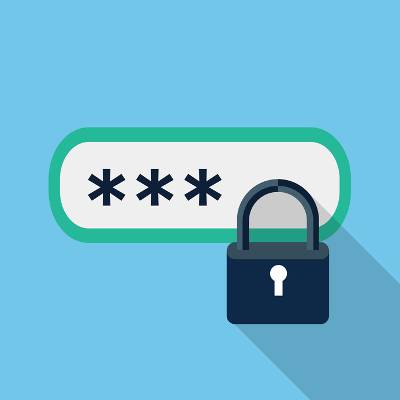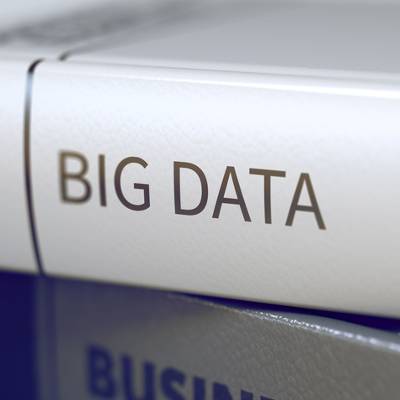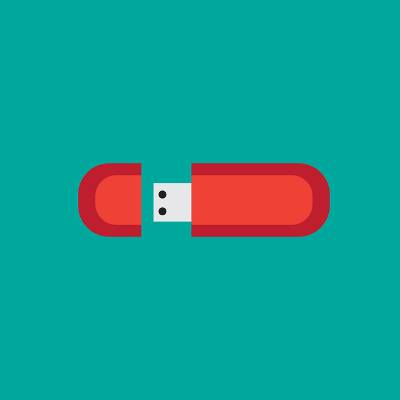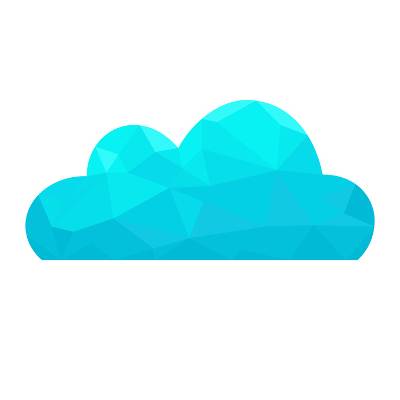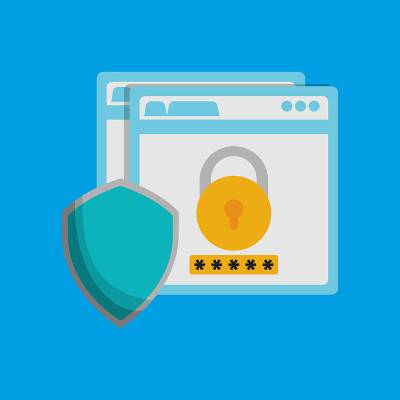When someone asks you to troubleshoot a problem, it’s because there is something that is preventing their solutions from working properly, which they need them to do. In business, this happens all the time. This is why every business provides some semblance of support with their product or service. What happens, however, when the act of troubleshooting makes something worse. One security analyst came across this problem in an unlikely place: Microsoft’s newest desktop operating systems, Windows 10.
Macro Systems Blog
It goes without saying that having to rely on a pacemaker isn’t an ideal circumstance for anyone, even considering that the device allows the patient to continue living a fulfilling life. This is why a particular discovery of a European-based research team becomes a shade or two darker: the team has concluded that it’s possible for a novice to send life-threatening signals to the device.
If we asked you to count the number of mobile devices in your workplace, would you be able to do so? This includes smartphones, laptops, tablets, and others--anything that’s not a workstation or hardware tied down to your location. While mobile devices can be beneficial for any business, it’s still important to keep security at the top of your mind. Here are three topics that you need to be sure you’ve considered before allowing mobile devices in the workplace.
Technology has been ingrained into today’s society to the point where businesses can’t function without it. Your organization relies on servers, networks, and workstations to keep productive and access important information, but all of this technology saddles your business with the responsibility of maintaining the components, as well as budget challenges.
Passwords are a critical security component of any online account. In many cases, they’re the fine line of defense against the horde of threats that exist on the Internet. The problem that many users have with passwords, however, is that good passwords are difficult to remember, and on their own, aren’t necessarily the most secure option. So, how can you make passwords both easier to use and more secure?
Since 2014, Facebook has quietly featured Safety Check, a crisis response tool that lets users in areas struck by natural disasters or other emergencies to confirm their safety on the social network. Originally, Facebook itself would have to activate a Safety Check, but that has changed--the power to activate a safety check is now in the hands of the stricken community.
The dreaded Wi-Fi dead zone: it’s a place where all wireless signal drops or becomes unstable, even though you could move three inches in either direction and you’ll have no problem. In this case, there’s usually something interfering with the signal, be it a wall or another device. We’ll walk you through some of the basic troubleshooting tips that you can use to resolve your connection troubles.
It’s safe to say that hacking is a frowned-upon practice, but that hasn’t stopped cyber criminals from attempting to turn a profit off of it. This practice has led them to target nonconventional organizations, including hospitals and other healthcare facilities. However, just because a hacker can target a hospital, does this mean that they should? This is a topic of some debate amongst hackers, whom, believe it or not, actually do have some sort of ethical standards.
Sometimes it can be tricky to identify what will be popular in the years to come, but that doesn’t stop big data from trying. Cultural anomalies are particularly difficult to predict, but an algorithm is attempting to predict which modern novel will become the next big bestseller. Jodie Archer, author of an upcoming book titled The Bestseller Code: Anatomy of the Blockbuster Novel, takes a critical look at what makes something popular amongst consumers--particularly in regard to literature.
A mouse is practically necessary when using a computer, be it for working with documents or for browsing the Internet. However, that shouldn’t stop you from using key command shortcuts to cut down on the number of clicks you need to make. With Windows 10, there are plenty of shortcuts that can be used to accomplish more throughout the workday.
USB is a popular technology in all modes of today’s society. You’d be hard-pressed to find a modern piece of technology that’s not compatible in some way, shape or form with USB. Thumb drives, chargers, and even portable drives all use this common technology. However, this also means that hackers can take advantage of its popularity to spread malware and other problems.
Nowadays, with streaming services like Spotify, Google Play, and Pandora available on a plethora of mobile devices, music lovers have an easy time enjoying tunes everywhere they go, including at the office. While this is all well and good, have you ever stopped to wonder if music is helping your employees, or holding them back?
Has this ever happened to you? You come across a free app online that seems interesting, entertaining, or helpful so you decide to download it? However, as soon as you click the download button you regret it as it begins to install browser toolbars, adware, and other annoying (and potentially dangerous) software onto your device? How can you keep this “crapware” from getting too out of hand, and why is it so popular in the first place?
A lot has been said about communications solutions, particularly in regard to the advantages and disadvantages of hosted and in-house telephony infrastructures. While businesses find that a cloud-hosted VoIP phone system is very convenient, there are others who believe that an on-site telephony infrastructure presents a certain value.
Hackers are always trying to come up with new ways to steal or corrupt sensitive data. If you don’t take the opportunity to protect your systems, you could be staring down a major data loss incident or security discrepancy. Here are five ways that you can protect your business’s infrastructure from hackers waiting to steal your data.
A business owner is always looking to improve their skills and learn about new ones. It’s natural to want to learn new things, even if you’re already an expert in your own field. The 10,000 hour rule offers a few guidelines to help you learn a new craft, but it’s not as easy as consistent practice. You might be in for a long journey toward “expert status.”
As technology advances and allows for common pain points to be corrected, many of today’s most well-known entities will adopt new solutions to ease the experience of their customers and clients. Take, for example, eBay. The famous reselling site has been taking steps to install an assortment of new features to improve its customers’ experience.
There’s no denying that flexibility is important. While technology makes it easier than ever before to communicate and work anytime, anywhere, employees should be encouraged to use this flexibility to their advantage. Yet, it’s often quite easy to fall victim to the many pitfalls of flexibility, which is why it’s so important to invest in solutions designed to maximize productivity.
Tomorrow is the big day--the day when the American people cast their votes for the next President of the United States. While there may still be a few undecided voters out there, something that they may not be considering includes the machines that they will be using to cast their ballots. It turns out that there may be a major problem with some voting systems in the form of weak cyber security.





